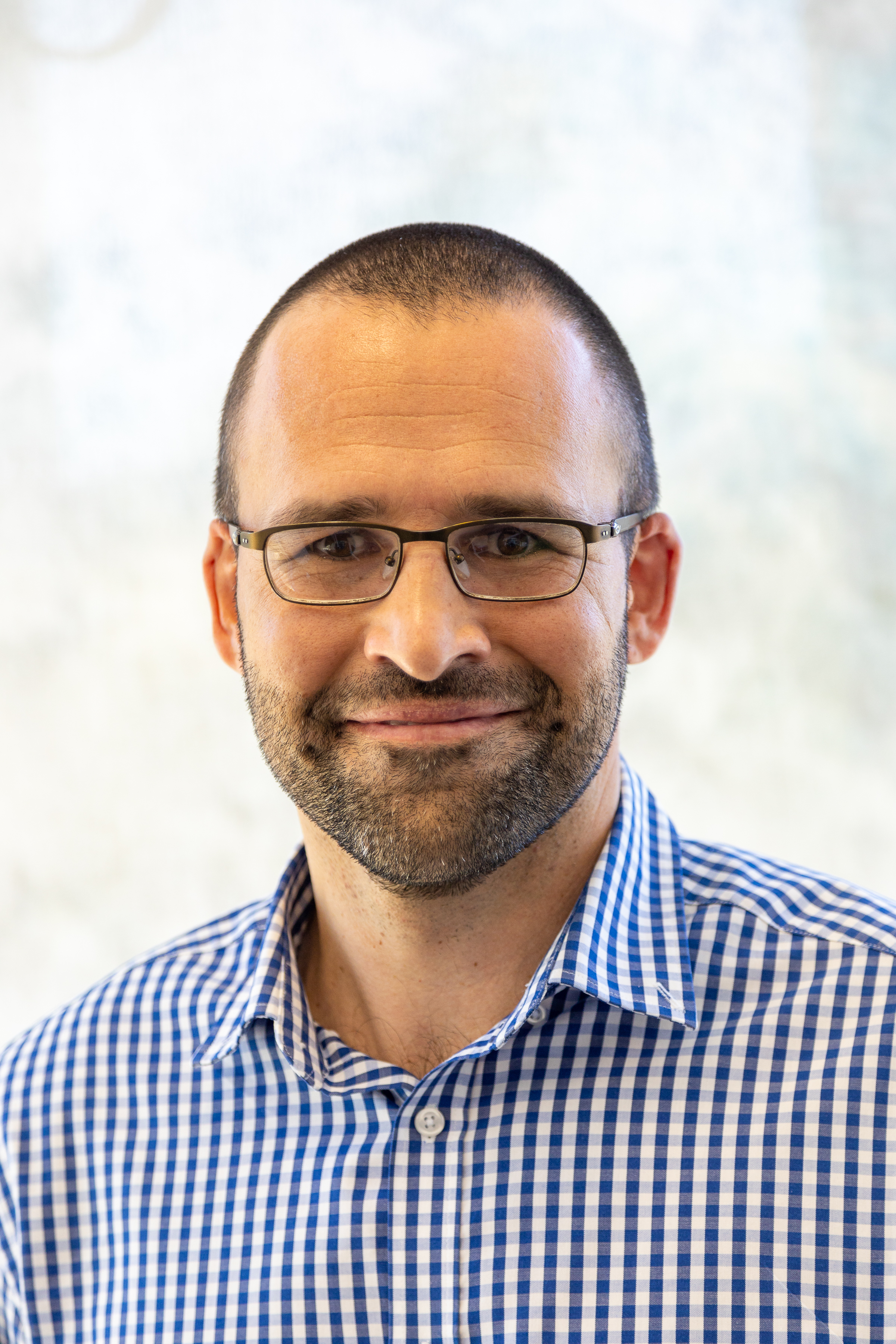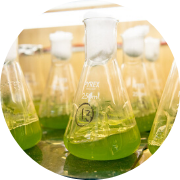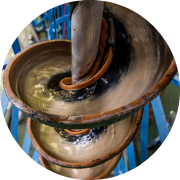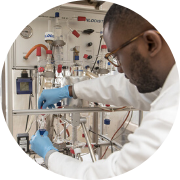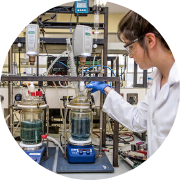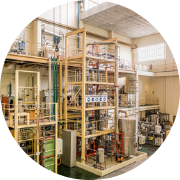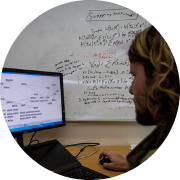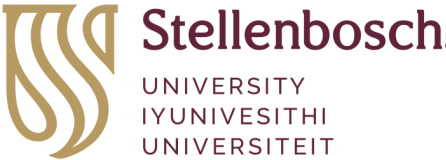Extractive Metallurgy
The sustainable production of valuable minerals and metals from ore or metal-containing waste is essential for a prosperous and secure world. Ore is a complex raw material that requires a diverse range of physical and chemical treatment processes, organised in intricate flowsheets, to extract valuable minerals and metals. Extractive metallurgy involves the fundamental principles and practical application of these treatment processes.
Key challenges in extractive metallurgy include adapting to changing raw material characteristics, such as diminishing mineral and metal content as easily accessible ore bodies are depleted. Additionally, minimising energy use is crucial for reducing the carbon footprint, and minimising water use is important to lessen the impact on scarce natural resources. Effectively managing the complex behaviour that emerges from intricate flowsheets and heterogeneous, multiphase raw materials is also a significant challenge.
Our research areas in extractive metallurgy include:
Researchers
The researchers listed below are part of the Extractive Metallurgy group. Click the link to their individual profiles to learn more about their research interests and activities.
Distinguished Professor | Extractive metallurgy, metal recycling & machine learning
Dept. Chair | Professor | Hydrometallurgy, metal recycling & process modelling
Senior Lecturer | Geometallurgy, Electrochemistry/Electrometallurgy, Tailings Management & Processing










